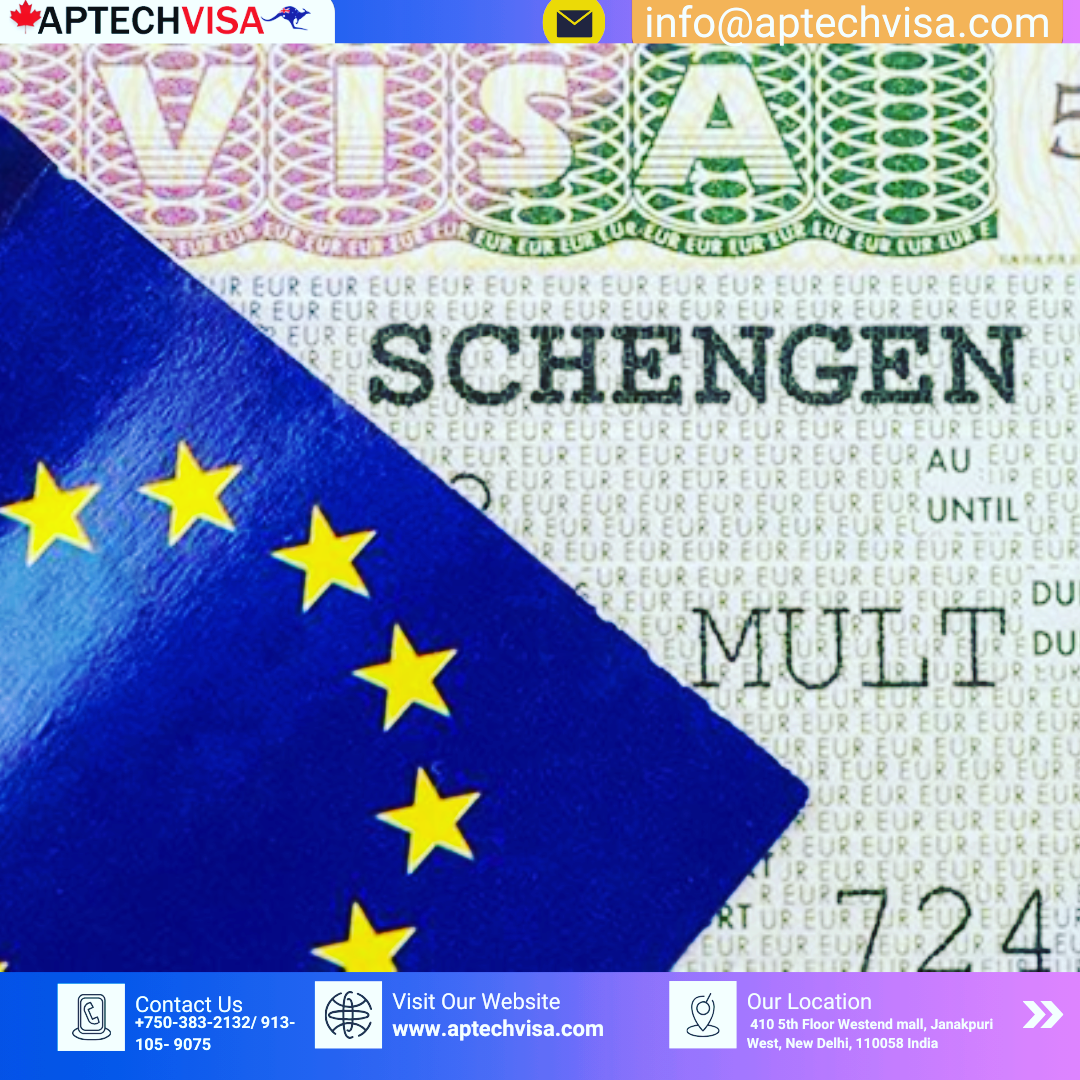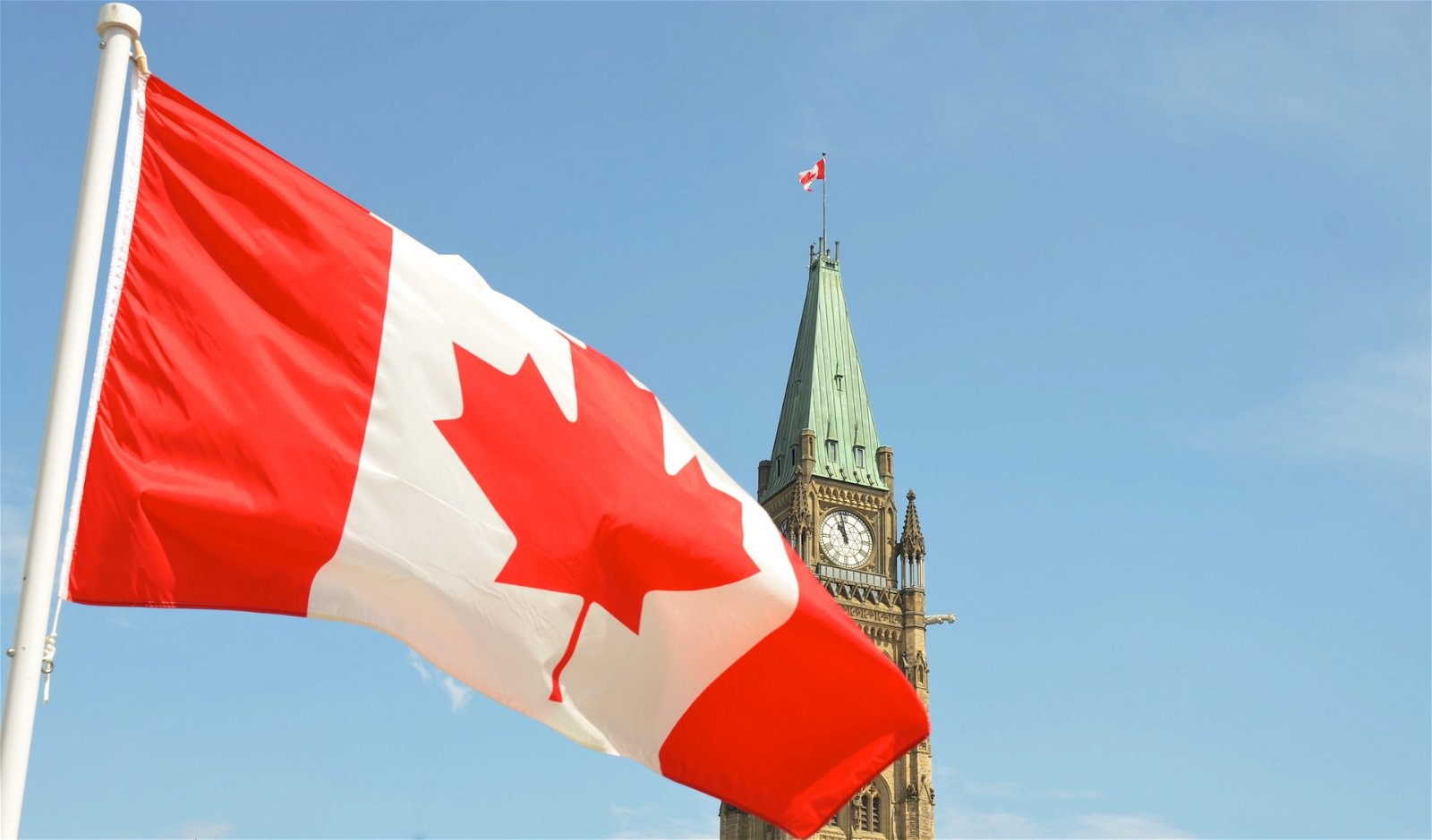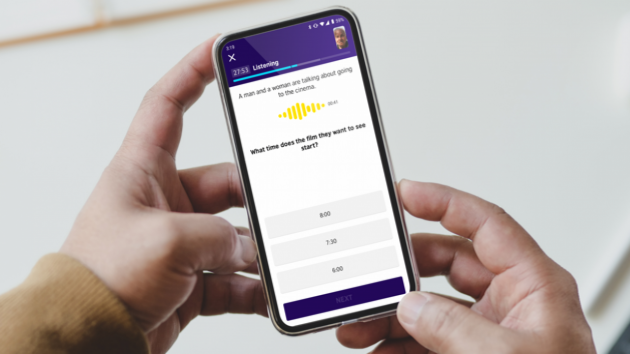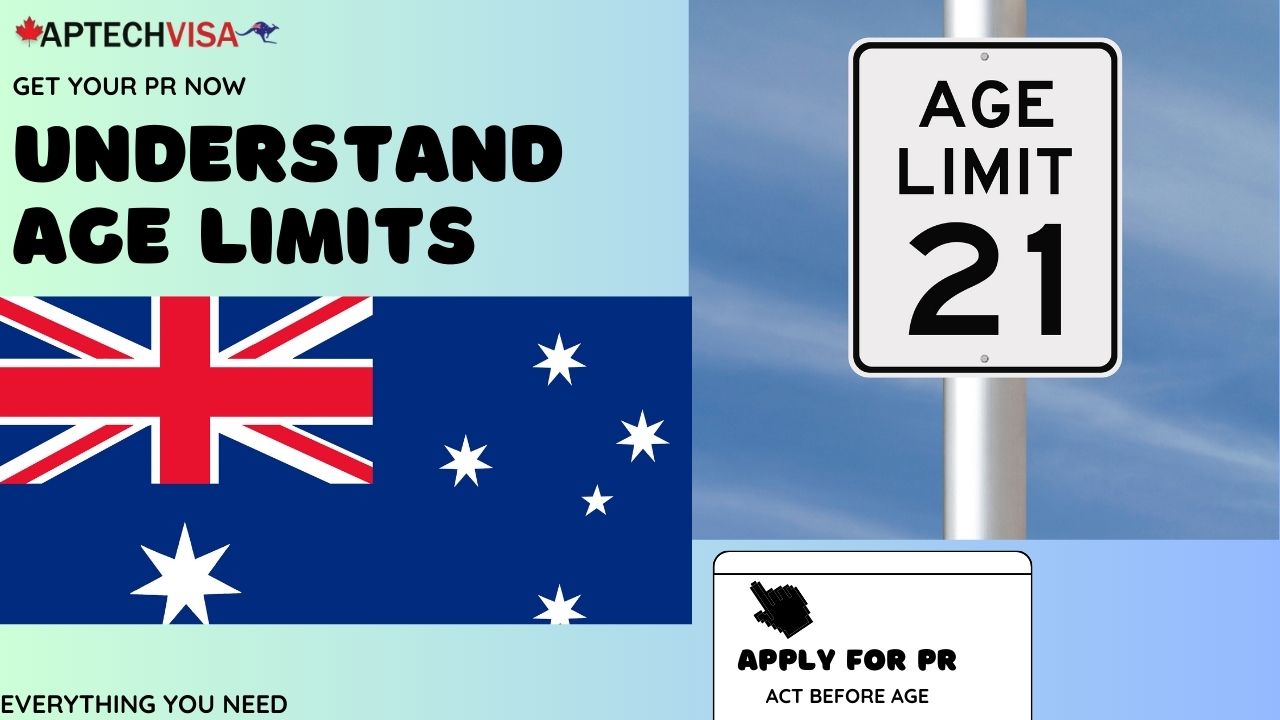
Schengen tourist visa rejection reasons from India.
Travelling to the Schengen area may be intricate and challenging, especially for wage workers from India. Comprising 27 European nations, the area is indeed a predominant place for Indian travellers who form a patchwork of cultures and landscapes. However, getting a Schengen visa is not always straightforward. Most of the applicants get rejected, which not only disappoints them but at times is for silly mistakes on their side. A better understanding of the Schengen visa refusal reasons will help you prepare a stronger application and increase your success chances.
1. Insufficient or Bogus Documentation
One of the most common reasons for the refusal of a Schengen visa is the submission of incomplete, incorrect, or even fraudulent documents. Whether it be an incomplete application form regarding your personal information, manipulated financial statements, or fake travel bookings, any inconsistencies will result in denial on the spot. Authentic and well-organized documentation is the most critical factor to avoid this trap.
2. Lack of Funds
The Schengen authorities want to be assured that you can support yourself financially when staying there. If your bank statements are weak, your savings are low, or you do not have any regular means of subsistence, you will most likely be denied. Submit detailed documentation of your sound financial position, as much as possible, to convince the visa officer of your capability to meet any unforeseen circumstances and cover all expenses for the trip, including accommodation, food, and transportation.
3. Travel Insurance
You need to have comprehensive travel insurance that covers medical emergencies, accidents, and repatriation for the duration of your stay as part of the requirements for a Schengen visa. If you fail to give valid travel insurance or present a policy that does not meet the Schengen standards, your visa application might be rejected.
4. Unclear Travel Itinerary
A vague or unrealistic travel schedule is a sure way to raise a red flag in the minds of visa officers. Your application should contain firm details of the travel itinerary, such as dates of entry and exit, destinations, and accommodation bookings. An itinerary that is well-documented and supports your purpose of visit will go a long way in strengthening your application.
5. Lack of Proof of Accommodation
Applicants for Schengen visas should provide confirmed hotel bookings or an invitation letter from the recipient in the Schengen area. Not being able to provide this type of evidence may be a reason for visa denial. So, make sure that whatever type of accommodation you have, is real and can be verified.
6. Poor Ties with Your Homeland
Visa officers must be satisfied that you will return to India after your visit. An inability to satisfy any ties-whether of family, employment, or property result in the rejection of your visa application. One should highlight such commitments back home in India to reassure the authorities of safe return.
7. Criminal Record or Security Concerns
A history of criminal activity or considered a security threat may face visa denial. Schengen countries will always give priority to the protection of its citizens and people on visit; hence, any history of crime or other related offences and dubious conduct will mar your application accordingly.
8. Previous Visa Violations
If you have ever overstayed your visa in the past or other visa conditions, the chances of getting a new visa will be much lower. Be transparent about your travelling history and ensure that your application for the present visa you apply to complies with all the conditions.
9. Previous Visa Applications Rejection
A history of visa refusals, especially if they are in the near past, can raise questions about your credibility and increase the possibility of more refusals. If you had issues in the past, addressing those and making sure that this application is perfect can neutralize the associated risk.
What can be done once your visa is rejected?
In case of refusal of a Schengen visa application, a standard form is used, describing the reasons for refusal. You may appeal the decision within 15 days from the day you were refused, personally or by post. The appeal should be argumentative and provide reasons why you think the refusal was not right. In 35 days, the Ministry of Foreign Affairs will consider your appeal, and the Consulate must let you know about the resolution by this deadline.
Applying for a Schengen visa involves massive preparation. The more knowledge an applicant can have about commonly given reasons for the rejection of an application, the more accurate, well-documented, and complete the application will be increasing the chances of an application manifold. Only with the right approach will this dream of exploring Europe come into being.
For more queries regarding Schengen Visa, you can refer to https://www.aptechvisa.com/ you can also call the Schengen Visa experts at the Aptech Visa office on 7503832132, you can also share your queries and concerns at info@aptechvisa.com and you will get a quick response from our end.

Mon-Sat 10:00 AM to 06:00 PM

info@aptechvisa.com

Book your visa consultation





















Aptech Visa Testimonials
Professor